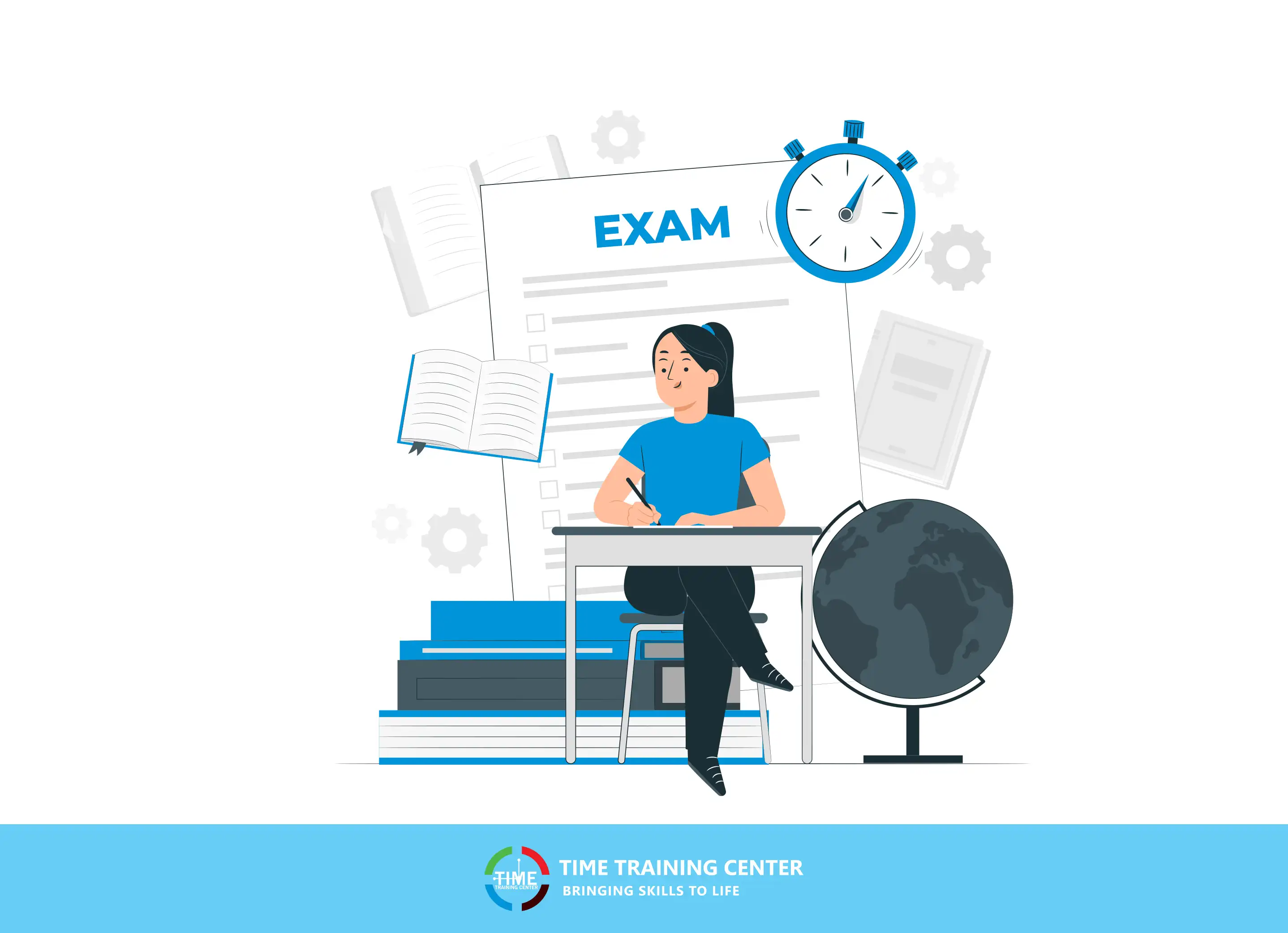The International English Language Testing System (IELTS) is a crucial gateway for academic and professional opportunities abroad. Demonstrating strong reading skills in the IELTS test is essential, as it assesses your ability to comprehend complex academic texts. Acing the reading section can unlock doors to prestigious universities and secure your dream job.
This comprehensive blog provides powerful strategies to master the IELTS reading test. Learn essential reading techniques, vocabulary-building hacks, and time-management tips to propel you toward achieving a high band score and unlocking your full potential.
Understanding the IELTS Reading Test
The IELTS reading test throws three long passages, testing your ability to comprehend various academic topics. These passages can be descriptive, painting a vivid picture with details. They might be factual, presenting objective data and research findings. Or, they could be argumentative, advocating a specific viewpoint and using persuasive language.
No matter the style, you'll be challenged with various questions to assess your understanding. Multiple Choice Questions (MCQs) will test if you can grasp the main ideas and specific details. Matching headings tasks ask you to link appropriate titles to different passage sections.
Identifying information questions requires you to pinpoint facts and figures in the text. You might also encounter tasks like completing sentences, tables, or flowcharts based on the information presented.
Read on: Importance of IELTS for studying abroad
Essential Skills for Success
IELTS training effectiveness relies on a comprehensive skill set approach. Let's explore three key areas: mastering efficient reading techniques, building a strong vocabulary, and strategic time management. Mastering these will give you the foundation to tackle complex passages and answer any question type on test day.
1. Reading Techniques
Conquering the IELTS reading test requires mastering specific techniques to navigate the passages efficiently. Here are three essential tools to add to your arsenal;
-
Skimming and Scanning: These terms might sound similar but serve distinct purposes. Skimming involves quickly reading a passage to grasp the overall meaning and main ideas. Think of it as surveying the landscape. Use skimming for questions that ask for the general topic or the author's main point. Scanning, on the other hand, is like searching for a specific treasure on a map. Your eyes dart around the text, looking for keywords or phrases mentioned in the question. This technique is perfect for finding specific details, dates, or figures.
-
Chunking: Reading long sentences word by word can slow you down. Chunking involves grouping related words and reading them as a unit. This approach helps you process information faster and improves overall comprehension. To chunk effectively, identify subject-verb combinations and prepositional phrases. For example, instead of reading "The ongoing research project conducted by a team of scientists at the university," read it as "The ongoing research project (conducted by a team of scientists at the university)" for smoother comprehension.
-
Identifying Key Words: The questions and passages contain vital keywords that unlock meaning. Underline keywords in the questions to understand what information you're looking for. Then, scan the passage for synonyms or paraphrases of those keywords to locate relevant sections. This targeted approach saves time and ensures you focus on the most crucial information.
2. Vocabulary Building:
A strong vocabulary is the foundation for comprehending complex academic passages. Here are some strategies to bolster your word power;
-
Flashcards: Create new vocabulary words on one side and their definitions and synonyms on the other. Regularly review these flashcards to solidify your understanding and recall.
-
Context Clues: Don't get discouraged by unfamiliar words. Often, the surrounding text provides hints about the word's meaning. Look for clues like definitions, synonyms, or antonyms within the sentence or paragraph.
-
Dictionary with Thesaurus: When encountering a new word, use a dictionary to understand its definition and part of speech. Don't stop there! Look up synonyms and related words in a thesaurus. This helps you grasp the nuances of the word and expands your vocabulary range.
3. Time Management:
The IELTS reading test has a strict time limit, making effective time management crucial. Here's how to allocate your time strategically;
-
Practice Time Allocation: During practice tests, track how long it takes to read each passage and answer questions. This helps you gauge your pace and identify areas for improvement.
-
Focus on the First Read: Don't get bogged down reading every word meticulously during your first pass through the passage. Focus on understanding the main ideas and general structure.
-
Prioritise Question Types: Some questions are quicker to answer than others. For example, skimming for the main idea is faster than identifying specific details. Allocate more time for complex queries and adjust your pace accordingly.
By mastering these essential skills, you'll be well-equipped to tackle the IELTS reading test confidently and achieve the band score you desire.
Check out: OET or IELTS
Advanced Strategies for High Band Scores in IELTS Reading Test
For those aiming for a top band score, here are some advanced strategies to elevate your reading comprehension;
-
Understanding Academic Writing: Academic texts often utilize specific features like technical vocabulary, complex sentence structures, and formal language. Recognizing these elements lets you anticipate the tone and approach the passage strategically.
-
Paraphrasing and Inference: The test might not always use the exact keywords you find in the questions. Mastering the art of identifying paraphrased keywords and making inferences based on the context empowers you to locate relevant information even if worded differently. Look for synonyms, rephrased ideas, or logical connections within the passage to understand the underlying meaning.
-
Critical Thinking: Go beyond simply absorbing information. Analyze the author's arguments, identify their purpose (to inform, persuade, or argue), and recognize potential biases. This critical thinking approach allows you to engage with the text more profoundly, demonstrating a sophisticated understanding of distinguishing high-band scorers.
By incorporating these advanced strategies into your practice, you'll gain the edge needed to excel in the IELTS reading test and achieve your desired top band score.
Tips and Tricks for IELTS Reading Test Day
Remember, staying calm and focused is critical to success on test day. Take a deep breath and carefully read each question type's instructions to avoid misunderstandings. Take your time with difficult questions - move on and return later if time allows. Even if unsure, make an educated guess to avoid leaving blanks. Most importantly, manage your time effectively. Refrain from getting bogged down on any question - trust your preparation and keep moving forward!
Conclusion
The IELTS reading test might seem daunting, but you can conquer it with dedication and the right strategies. Utilize the techniques covered in this blog to master reading comprehension, build vocabulary, and manage your time effectively. Practice consistently with authentic materials, and don't be afraid to challenge yourself with advanced strategies. Remember, success is within your reach. Start practicing today, and watch your confidence soar as you prepare to ace the IELTS reading section!
 +971 2 6713828
+971 2 6713828




